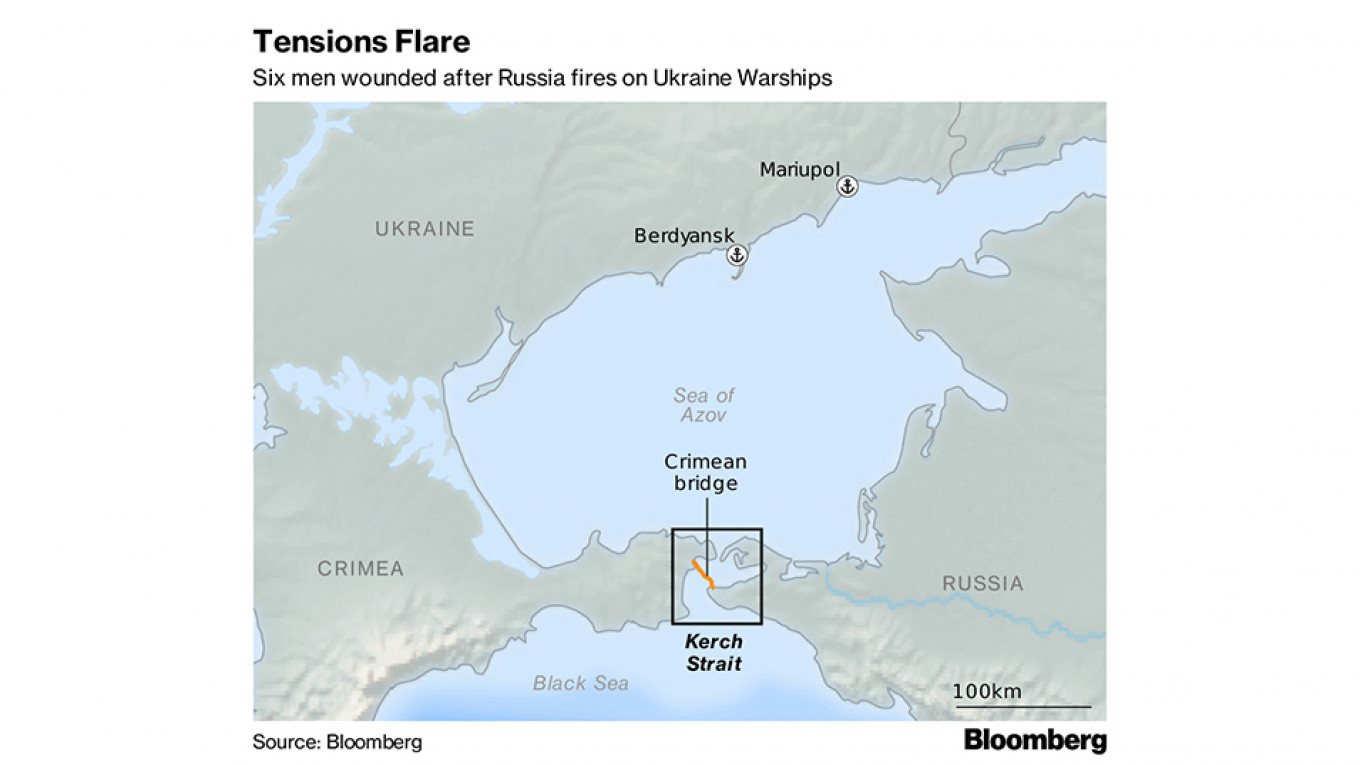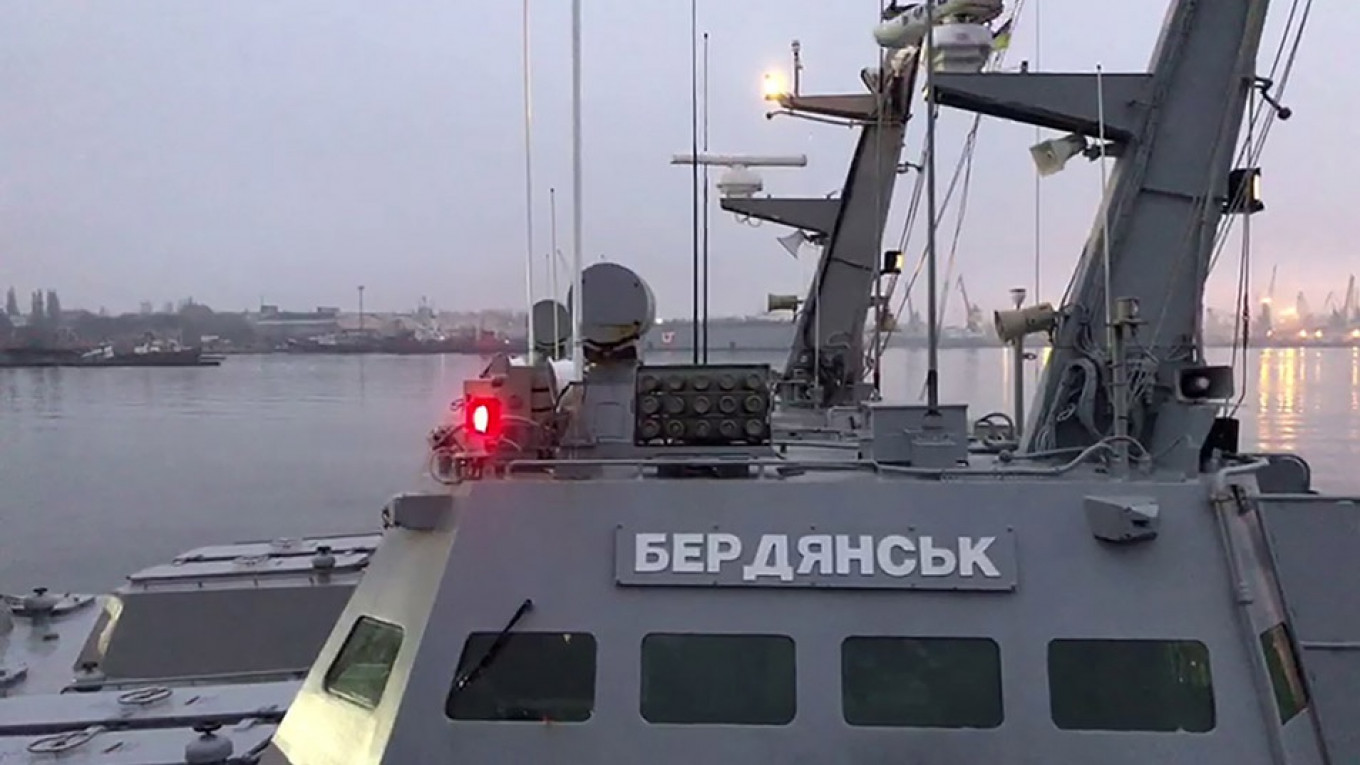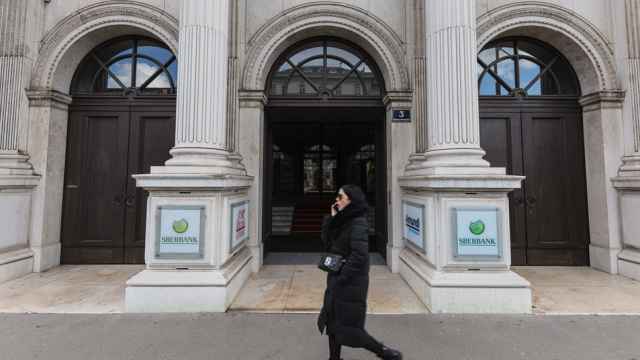The flare-up between Russia and Ukraine off the coast of Crimea has stirred fears their conflict is set to reignite. Ukraine’s leader has warned dramatically of such a scenario.
More likely, according to an analysis by Chatham House, is that the aggression is simply the latest gambit in President Vladimir Putin’s long game to chip away at his neighbor’s economy to undermine the revolution that booted out its Kremlin-backed leader in 2014.
By limiting access to the Sea of Azov -- to which the two one-time Soviet allies have equal access under a bilateral agreement -- Russia knows it can disrupt sea shipments of metals and agricultural goods that travel through Ukraine. Those industries are Ukraine’s two biggest export earners.

“The situation is affecting local economies along the coast and destabilizing the Ukrainian ports of Mariupol and Berdyansk,” said Mathieu Boulègue, a research fellow in the Russia and Eurasia program at Chatham House. “Putting military pressure on Ukrainian assets in the Sea of Azov contributes to the Kremlin’s long-term strategy of keeping Ukraine politically weak and divided, especially ahead of the March 2019 presidential elections.”
Since Ukraine’s uprising and loss of Crimea, Russia has deployed an array of tactics to unnerve it. Sanctions have been imposed, trade barriers erected, mining assets seized and natural gas supplies cut. A new energy pipeline to Europe will bypass Ukraine entirely, erasing lucrative transit fees.
There’s no doubt these measures have hurt. But Ukraine has managed a modest economic expansion, with an agricultural revival playing a huge role.
For the Kremlin, incidents like Sunday’s are a way to maintain the heat on Ukraine while avoiding the costs of war -- be that dead soldiers or international scorn. Despite being blamed by NATO for what happened, Russia sold Eurobonds two days later and there appears little appetite in the West for more sanctions.
A Message from The Moscow Times:
Dear readers,
We are facing unprecedented challenges. Russia's Prosecutor General's Office has designated The Moscow Times as an "undesirable" organization, criminalizing our work and putting our staff at risk of prosecution. This follows our earlier unjust labeling as a "foreign agent."
These actions are direct attempts to silence independent journalism in Russia. The authorities claim our work "discredits the decisions of the Russian leadership." We see things differently: we strive to provide accurate, unbiased reporting on Russia.
We, the journalists of The Moscow Times, refuse to be silenced. But to continue our work, we need your help.
Your support, no matter how small, makes a world of difference. If you can, please support us monthly starting from just $2. It's quick to set up, and every contribution makes a significant impact.
By supporting The Moscow Times, you're defending open, independent journalism in the face of repression. Thank you for standing with us.
Remind me later.






